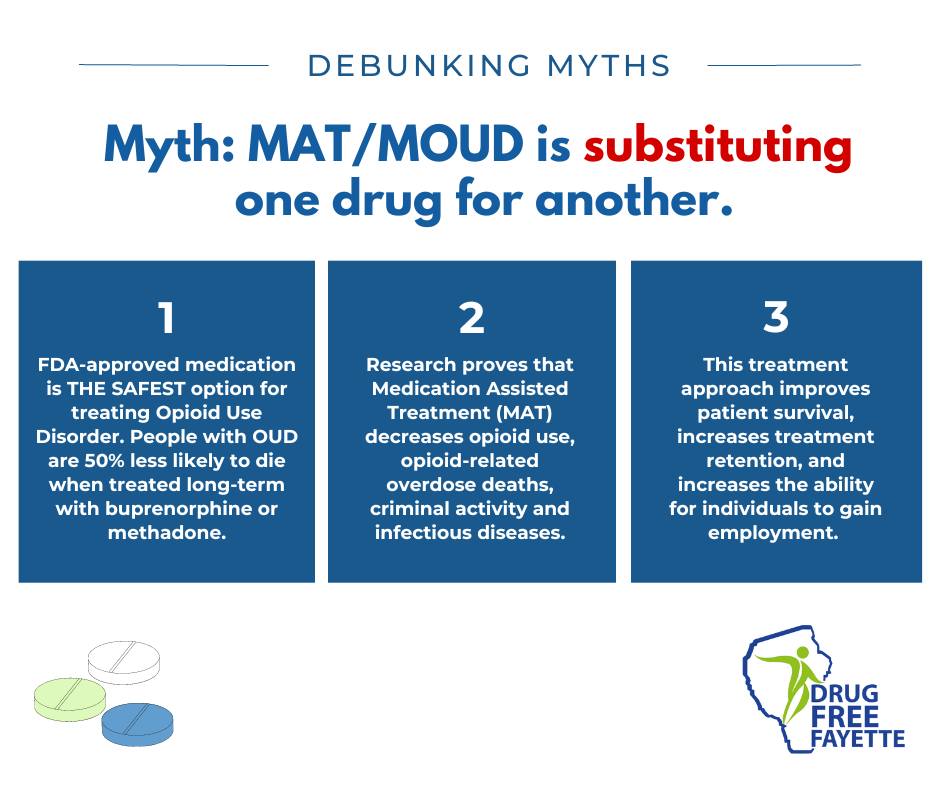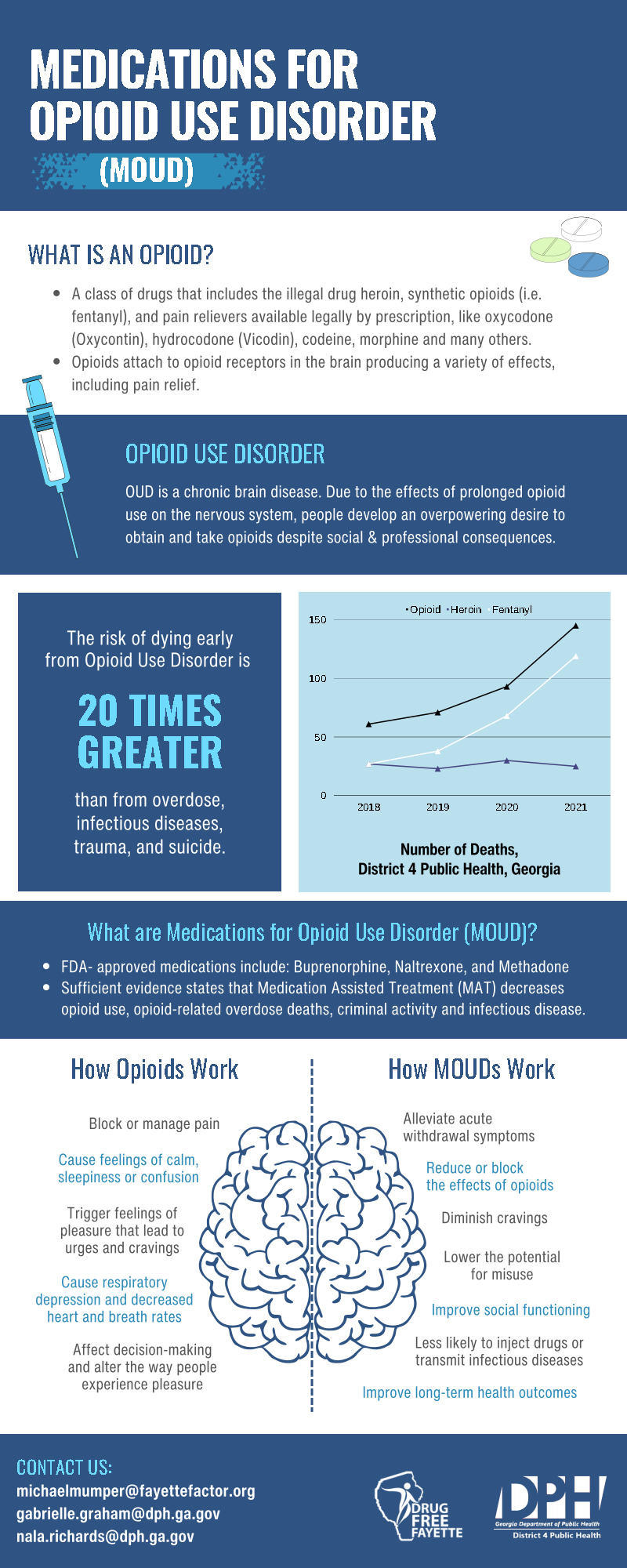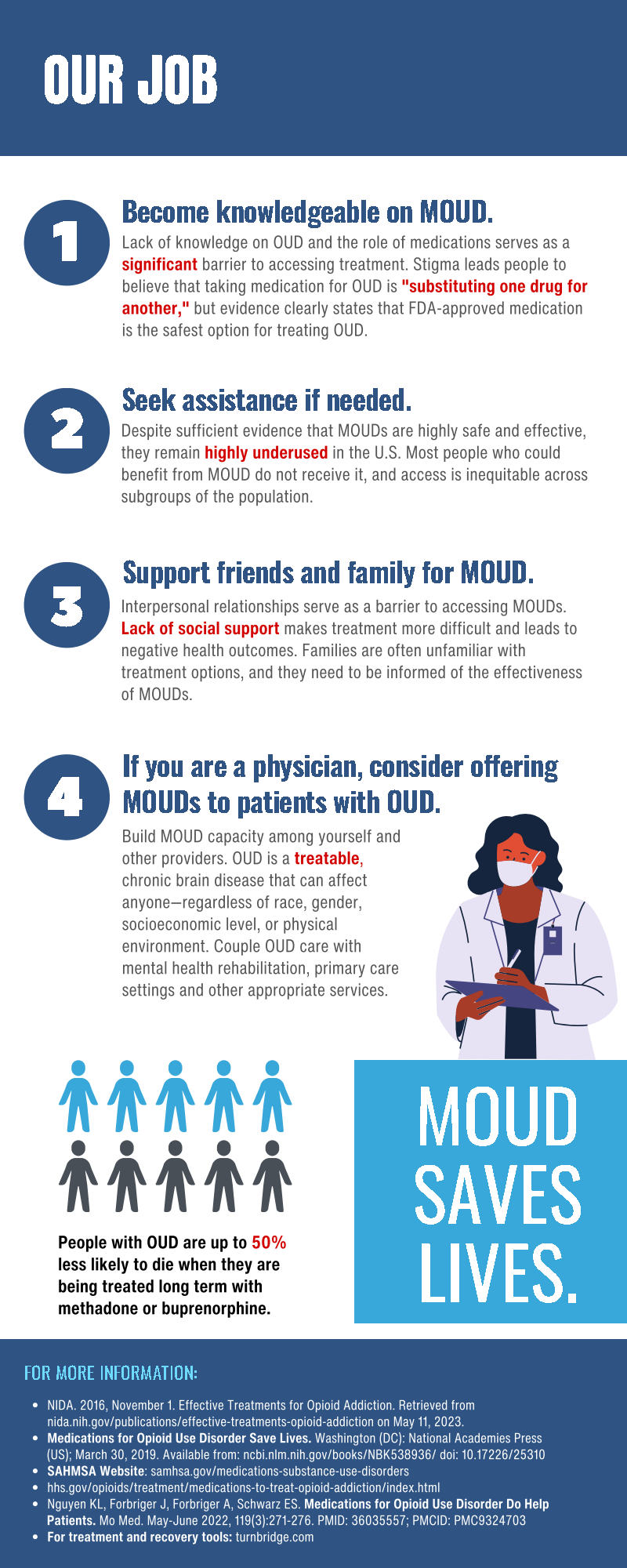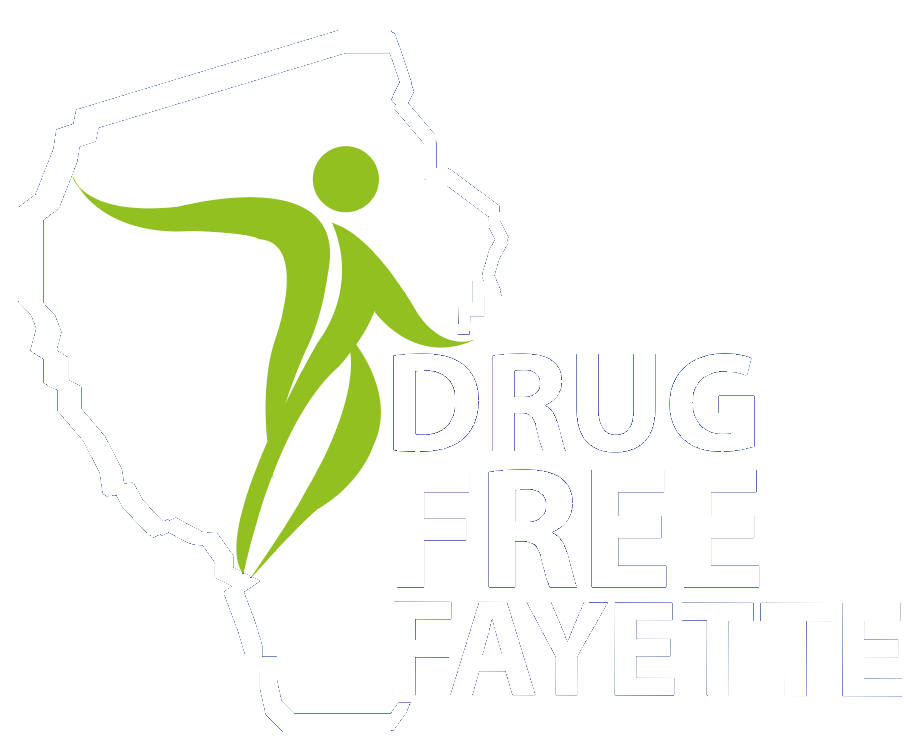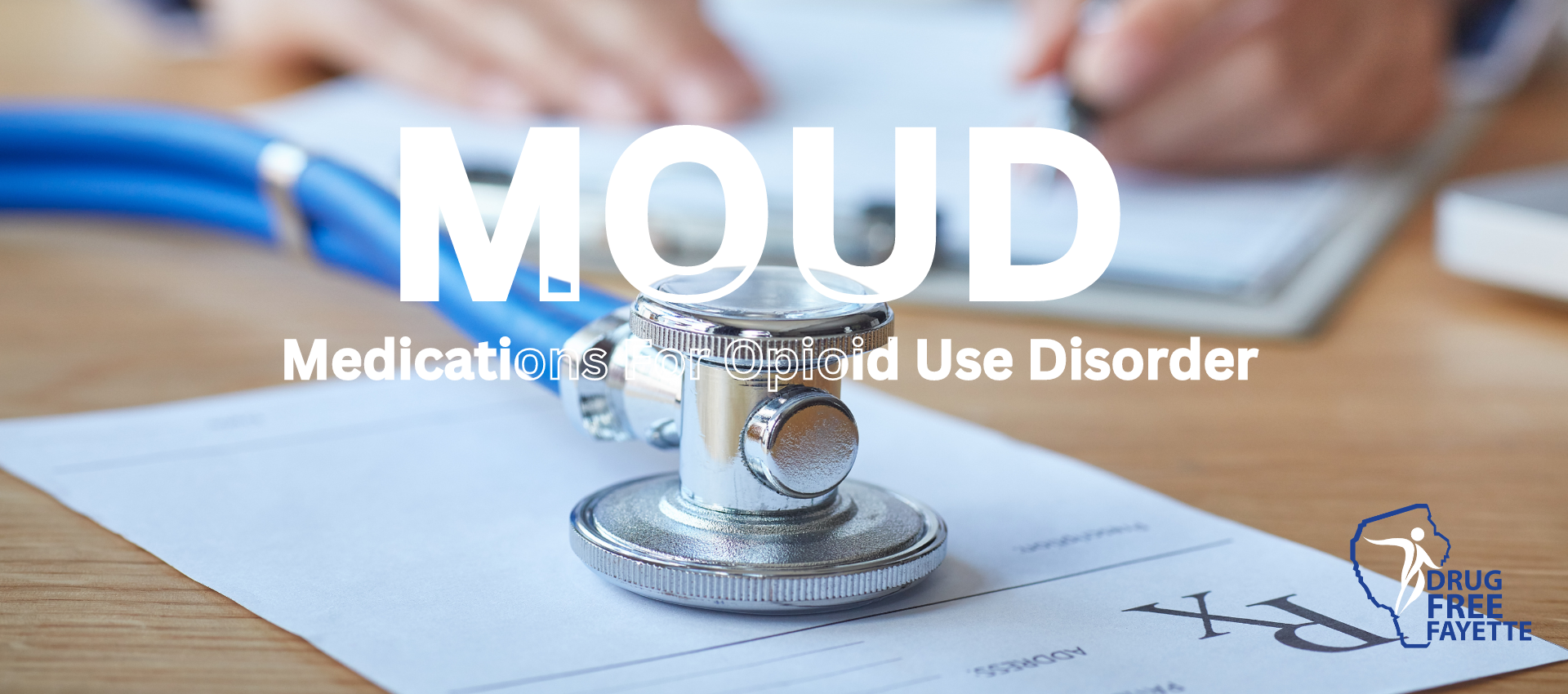
Overview
What Is MOUD?
Medications For Opioid Use Disorder, or MOUD, is the use of medications, in combination with counseling and behavioral therapies, to provide a “whole-patient” approach to the treatment of substance use disorders. Medications used are approved by the Food and Drug Administration (FDA) and are clinically driven and tailored to meet each patient’s needs.
Research shows that a combination of medication and therapy can successfully treat substance use disorders, and for some medications can help sustain recovery.
These medications are also used to prevent or reduce opioid overdose. The FDA has approved several different medications to treat alcohol use disorders (AUD) and opioid use disorders (OUD). These medications relieve the withdrawal symptoms and psychological cravings that cause chemical imbalances in the body. Medications used are evidence-based treatment options and do not just substitute one drug for another.
Our Goals
The ultimate goal is full recovery, including the ability to live a self-directed life. This treatment approach has been shown to:
- Improve patient survival
- Increase retention in treatment
- Decrease illicit opiate use and other criminal activity among people with substance use disorders
- Increase patients’ ability to gain and maintain employment
- Improve birth outcomes among women who have substance use disorders and are pregnant
Research also shows that these medications and therapies can contribute to lowering a person’s risk of contracting HIV or hepatitis C by reducing the potential for relapse. Learn more about substance misuse and how it relates to HIV, AIDS, and Viral Hepatitis.

Buprenorphine, methadone, and naltrexone are the most common medications used to treat OUD. These medications operate to normalize brain chemistry, block the euphoric effects of alcohol and opioids, relieve physiological cravings, and normalize body functions without the negative and euphoric effects of the substance used.
Buprenorphine, methadone, and naltrexone are used to treat OUD to short-acting opioids such as heroin, morphine, and codeine, as well as semi-synthetic opioids like oxycodone and hydrocodone. These medications are safe to use for months, years, or even a lifetime. As with any medication, consult your doctor before discontinuing use.
You are welcome to contact our office or the below options are also at your disposal.
Medications for substance use disorders are administered, dispensed, and prescribed in various settings such as a SAMHSA-accredited and certified opioid treatment program (OTP) or practitioners’ offices depending on the medication.
FIND LOCAL TREATMENT PARTNERS
For A Complete Search & Regularly Updated Providers, CLICK HERE
Kenneth Lazarus, MD
Southern Crescent Neurological Clinic, PC
770-719-2965
Barry Hull, MD
A New Start Medical Center
678-788-7500
Omolola Otubaga, PMHNP
Mindset – Healthcare For The Mind
470-646-3738
Idi Allen, MD
The Pain Relief Center of Georgia
470-481-2020
Betsy Horton, MD
Alpha Internal Medicine
770-719-5490
